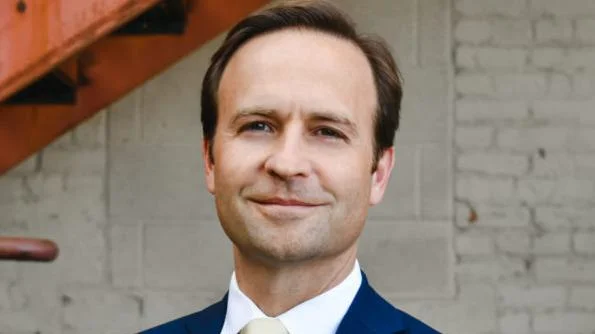Brian Calley President and Chief Executive Officer at Small Business Association of Michigan | Official website
Brian Calley President and Chief Executive Officer at Small Business Association of Michigan | Official website
According to the March 2025 Mercer QuickPulse U.S. Compensation Planning Survey, involving over 800 U.S. organizations, employers delivered an average merit increase of 3.2% in 2025. This figure represents the percentage of payroll allocated to employees as a base salary increase for merit. The total increase, which includes all salary adjustments such as merit, promotional, and cost-of-living increases, was recorded at 3.5%. These numbers are calculated based on the total salaries of all employees across companies that participated in the survey, including those who did not receive increases.
These figures reflect a decline from Mercer's November 2024 projections where U.S. employers anticipated a 3.3% merit increase and a 3.7% total increase for non-unionized employees. In comparison, the actual merit and total salary increases in 2024 were slightly higher at 3.3% and 3.6%, respectively. This ongoing decline in annual compensation budgets suggests a return to pre-pandemic norms due to a softening labor market.
ZipRecruiter released its annual grad report titled "The Graduate Divide: Expectations vs. Reality for the Class of 2025." The report is based on surveys of rising and recent college graduates and highlights discrepancies between graduates' expectations and reality regarding job search experiences, pay, job preferences, and future job market views.
The report found that while 82% of rising graduates expect to start working within three months of graduating, only 77% of recent graduates achieved this goal, with another 5% still searching for their first job. Additionally, many graduates found salaries did not meet their expectations; specifically, 42% reported they could not secure their desired pay level.
Rising graduates anticipate earning six-figure salaries ($101,500 on average), but most may fall short as the average starting salary for recent grads surveyed was $68,400. Furthermore, while flexibility is highly valued by rising grads—90% say it is very important—only 29% of recent grads report having very flexible jobs.





 Alerts Sign-up
Alerts Sign-up